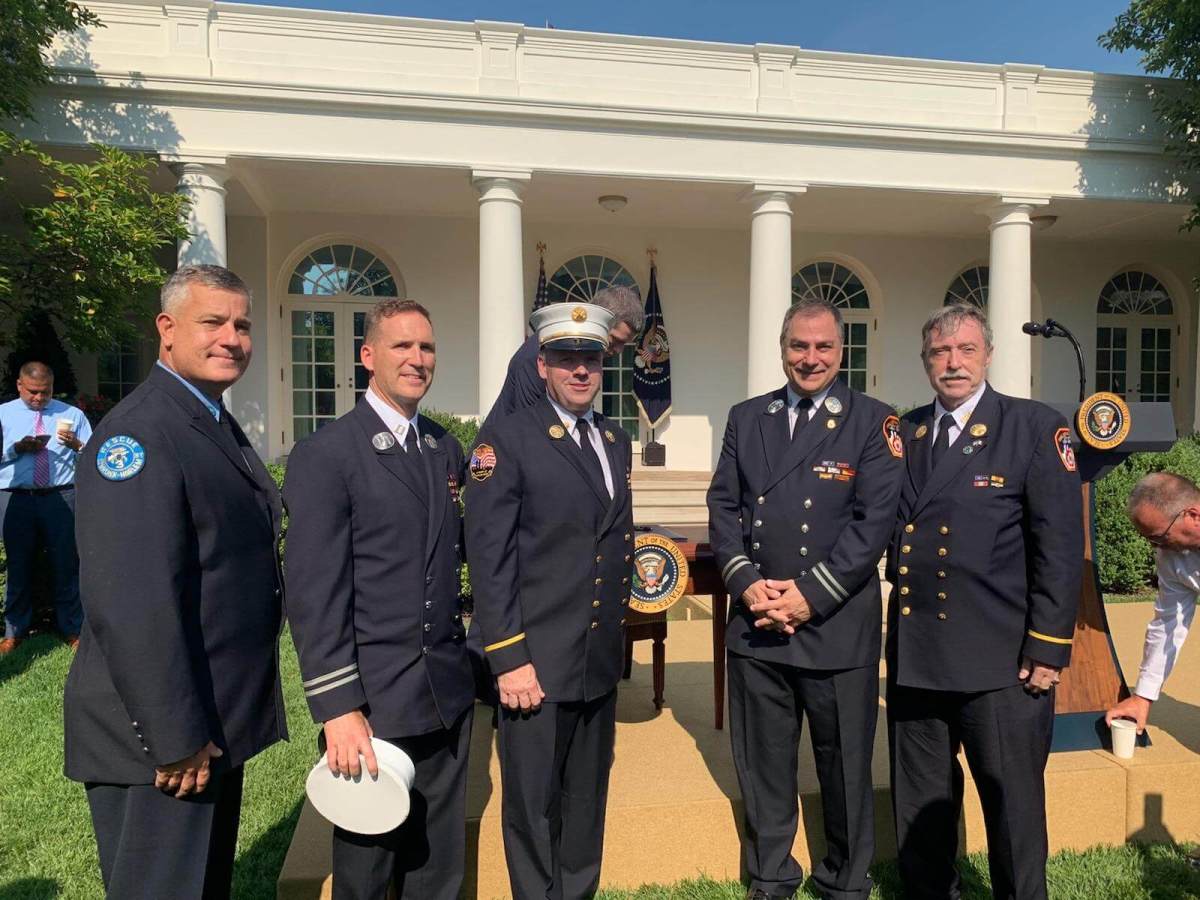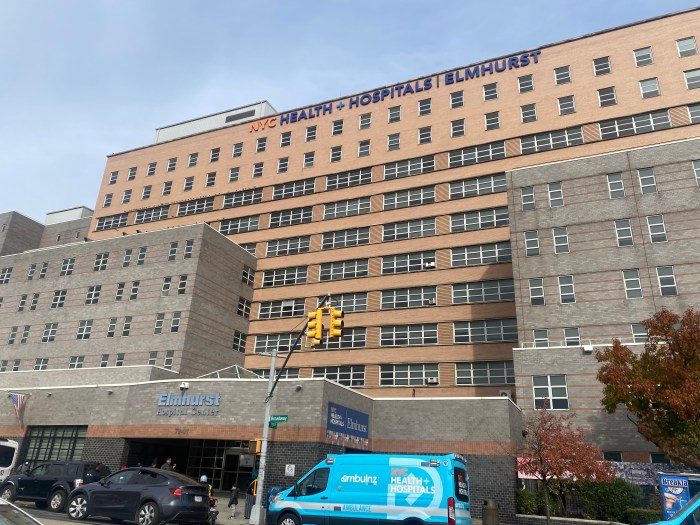It was a remarkable honor and privilege for Community Board 7 Chair Eugene Kelty to witness the signing of the 9/11 Victims Compensation Fund into law by President Donald Trump in Washington, D.C., on July 29.
The extension of the fund will ensure compensation for individuals injured during the September 2001 terrorist attacks and their aftermath rescuing people and removing debris under hazardous conditions. The fund was slated to expire in 2020, but the newly signed legislation ensures the compensation for victims through 2090.
The bill passed the Senate by a vote of 97 to 2. Earlier this month, the bill passed the House of Representatives by a vote of 402-12. President Trump was joined by Vice President Mike Pence and 9/11 first responders in the Rose Garden of the White House as he signed the legislation and thanked them for their services.
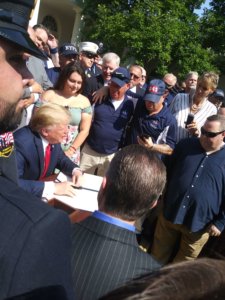
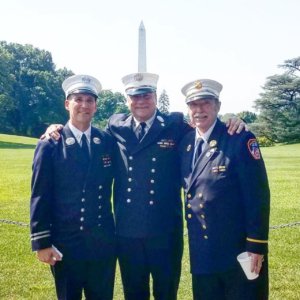
“It was something I never thought I would see in my lifetime. I never thought I would shake the hand of the president and the vice president,” Kelty said. “I was very proud of my union and other unions and civilians that worked hard to get this bill passed. I don’t think people realized that there was a lot of people that came in from other states to help us out during 9/11. The bill wasn’t just a New York bill; the bill was for all 50 states.”
Kelty, now a retired Battalion Chief of FDNY Battalion 10 in Manhattan after serving 39 years, is one of many 9/11 first responders who helped save lives on that fateful day when two airplanes crashed into the twin towers, and continued sifting through the rubble everyday at Ground Zero.
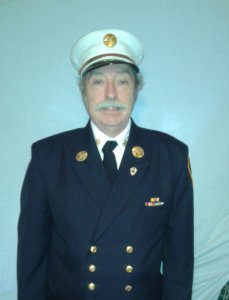
“It was a really tough time of hopelessness in the beginning,” Kelty said. “They sent down a lot of help — therapists and religious people came and talked to us. The outpouring of people from the city and surrounding states that came in was just fantastic.”
At the time of the tragedy, Kelty was captain of the World Trade Center Engine 10 fire station on Liberty Street, until he was promoted in 2003 to Battalion Chief of FDNY Battalion 10 in Manhattan. In 2014, he was diagnosed with stage 4 pancreatic cancer caused by the fallout and dust at Ground Zero.
“While I was going through treatment I was kind of weak and then as I started to get better, my union, when we were trying to get the Zadroga Bill permanently authorized, they asked me to go down to Washington to the Congress and Senate to explain my condition and what the bill was, especially since I was the captain of the firehouse, it was my firsthand knowledge,” said Kelty, who is a recipient of the Zadroga bill.
Following radiation in January 2015 and another visit to the doctor in March, Kelty was scheduled to undergo surgery on April 20 to remove the tumor.
“I’m now in remission. If you’re five years of a cleared scan, they consider you cancer free. I got another eight months; April 2020 will be my five-year anniversary,” Kelty said.
While going through treatment, Kelty’s name was submitted for the 9/11 Victims Act Compensation Act, since his illness was diagnosed as one of the cancers that was covered under the bill. It was a stress reliever for Kelty not having to worry about paying his bills or losing his home, he said.
“But you have people of the small business, they’re on their back with terrible cancer. They have two kids with a wife at home … how does she go out and work while the kids are home? That’s where the 9/11 bill helps because they can get money to help them get back on their feet while the other person who is hurt or injured is able to recover,” Kelty said. “The worry that goes, what about my wife, husband, kids, to pay the bills … that’s why it was so important to let people know that this bill would help those people get to the recovery state.”
On June 11, Kelty stood in the back of the room as Jon Stewart sat beside retired NYPD Det. Luis Alvarez, who testified in Congress for extended funding on behalf of fellow 9/11 first responders. Alvarez, a resident of Astoria, passed away on June 29 at the age of 53, after a three-year battle with colorectal and liver cancer. Kelty said he was proud of Alvarez for taking a stand.
“I would probably be home on my couch trying to catch my breath and stuff, and [Alvarez] went down there, and a few other people previous to that, Ray Pfeifer who I knew worked in my department — the tenacity of him … he could walk but most of the time he was in a motorized scooter,” Kelty said. “He would go around and knock on the congressmen’s doors, and went in and talked to them on how important it was.”
Overall, Kelty said, he is glad that the bill was signed into law and thanked elected officials such as Congresswoman Carolyn Maloney, Senator Kirsten Gillibrand and Congressman Peter King, for their persistence in passing the legislation.
“Working in the city of New York, I understand that nothing gets done immediately. I think that the physical evidence was a tough thing for anybody to dispute because you can see the people that were physically there,” Kelty said. “We had gone and visited other congresspeople in other states and they were just fantastic. It was a proud moment. It was indeed an honor.”

